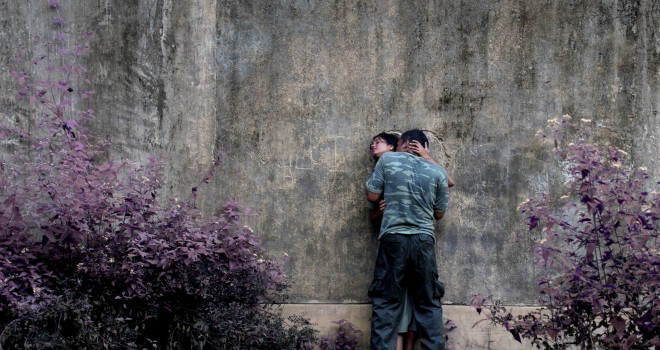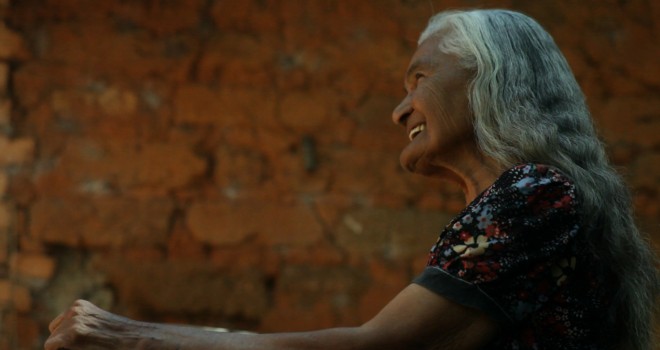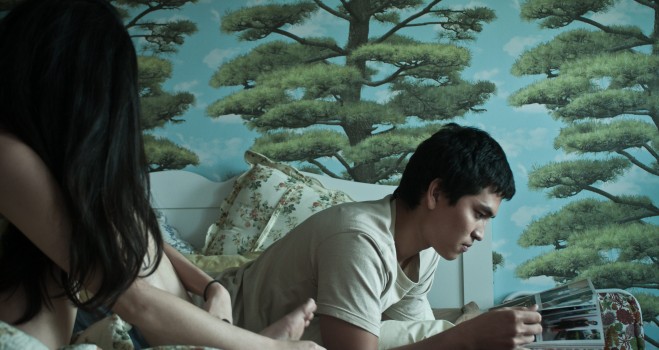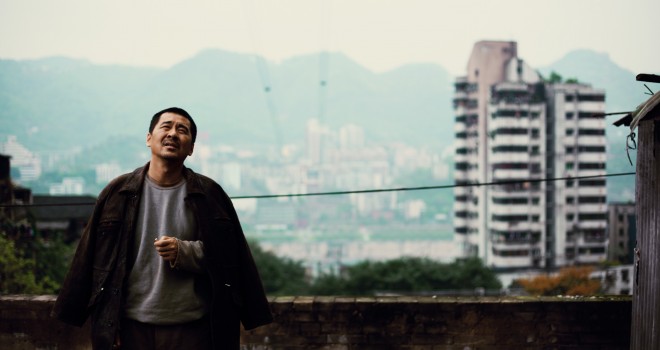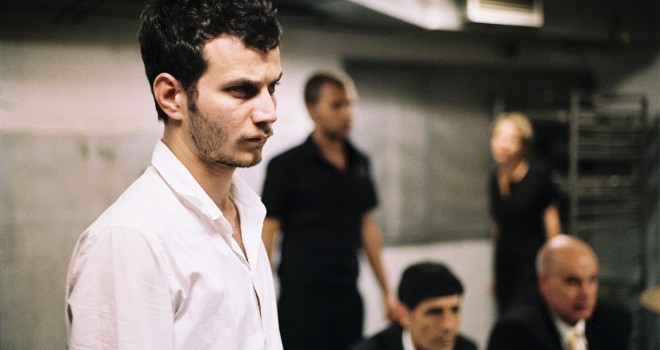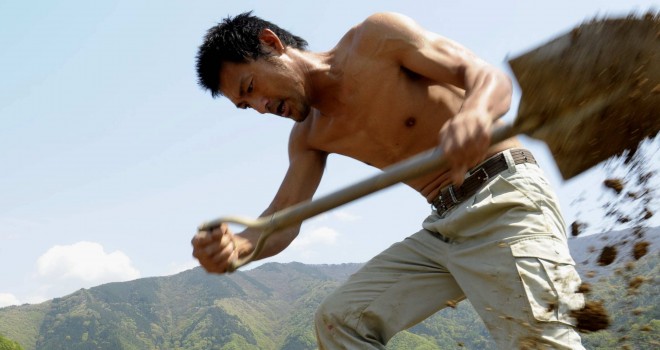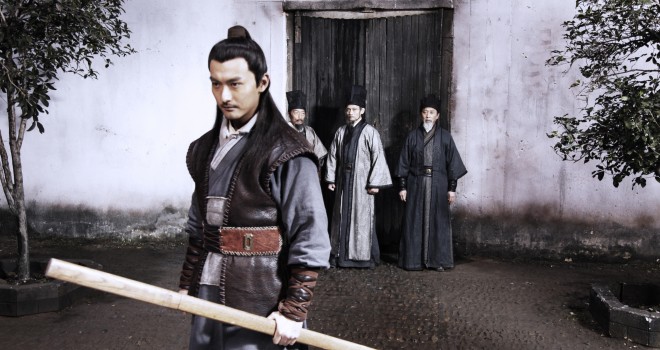The 2011 official selection of the Festival of the 3 Continents is marked by the return of a variety in style and tone which had been missing in recent years, although mixing documentary and fiction films in the previous selections was very fruitful.
The ten feature films selected this year in the international competition are all fiction films. However, this was not a deliberate move. Some of them maintain a strong link with reality through the use of non-professional actors, like Helvecio Martins Jr. and Clarissa Campolina’s Girimunho. Others, with the astounding immediacy of the high-definition image, set the viewer on a realistic path which soon reveals itself to be a wrong track. In Adolfo Alix Jr’s Fable of Fish, the documentary aspect of the real setting appears to be a comical sham when the expected naturalism turns into a fable.
The strong come-back of a taste for drama takes the form of boldly structured films (the narratives of Nadav Lapid’s Policeman and Iván Fund’s Hoy no tuve miedo are neatly divided in two parts; Kongdej Jaturanrasmee’s P-047 and its parallel layers opening out) and the intelligent revival of established genres (the sword film in The Sword Identity by Xu Haofeng who directed the fight choreographies himself).
However, fiction is even more believable when it is clearly set in real places which are not merely photographed in a dull way. The forests and urban jungle in Vimukthi Jayasundara’s Chatrak and in P-047, the river running through the arid village in Girimunho, the alveolar city and secret mines in Chinese film-maker Cai Shangjun’s People Mountain People Sea – you will remember such landscapes for a long time, even when details of the stories start vanishing. Their fascinating dimension and timeless solidity do not repress the violence which, again this year, takes many forms in the selected films: the social and insane Mafia-like violence (with the Mexican gangs in Gerardo Naranjo’s Miss Bala), the rebellion expressed through the body and language of a shrimp peeler (in Leila Kilani’s Sur la planche), domestic violence (within the seemingly muffled interior of Sebastian Silva and Pedro Peirano’s Old Cats), State violence in the civil wars depicted in Sanjeewa Pushpakumara’s Flying Fish and Tatiana Huzeo’s El lugar mas pequeño.
The omnipresent harshness of situations is matched by a valuable formal freedom which seems to be increased tenfold in the process. Listen to the political “flow” of the young workers’ hip-hop lyrics in Saudade, or watch the way Chen Hung-I playfully and shrewdly uses new technologies in Honey Pu Pu, and you will discover how cinema vibrates with an energy and a determination made fresher by the very harshness of our times. Like the hero of Amir Naderi’s Cut, who screens his favourite films on his skin, using them like a comforting balm to soothe his aching body, we feel that this 33rd festival is an opportunity to feel the pulse of a living art, never defeated in spite of all the disturbances of reality.
Charlotte GARSON et Jérôme BARON




